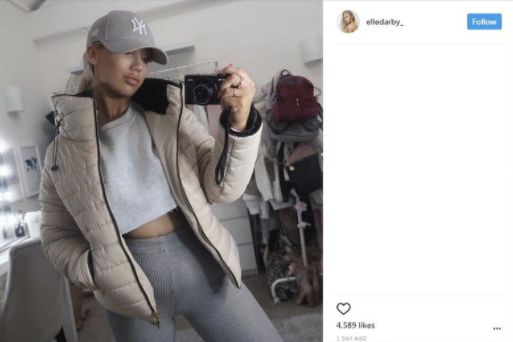Although it may be early in the year, the world of influencer marketing has already racked up a number of controversies stemming from the poorly-judged behaviour of youngsters with Internet fame. This time the outcry was . The story plays out in three scenes:
- Blogger Elle Darby sends an ill-thought-out pitch to a Dublin hotel asking for a free stay;
- Hotel owner is having none of it and shares a snarky response on Twitter;
- The Twittersphere (who likely have limited awareness of the world of PR and it's intricacies) react as Twitter always does – with outrage.
But was the furore justified, and more importantly, how can we make sure we're not victim of a blogger-fuelled Twitterstorm?
Influencer marketing is in its infancy. It's a buzzword brands are tripping over themselves to be part of but it's metoiric rise has come at the expense of the sorts of standards, expectations and even laws – which exist but are implemented sparingly at best – that more established forms of advertising are subject to. With this in mind, there's little surprise that we're seeing more and more cases of it going very wrong. How it ought to be done simply isn't written in a golden playbook somewhere, so of course there are going to be mistakes. Influencers are being touted by brands left, right and center so simply haven't needed to learn the building blocks for creating a brand.
I like to think of it as a yellow card to influencers and brands alike – it's time to level up.
Elle rightly points out that she sent the type of email thousands of bloggers like her are sending every day. And that's the problem in a nutshell – thousands of bloggers are skimming over the finer details that makes their channels so powerful. And equally as problematic, why should they go into all this detail when a broad picture of "amazing" results and big follower numbers are (usually – but not in this case) proving to be more than enough?
Both brands and influencers stand to gain so much in this space, but to avoid the pitfalls and take influencer marketing to the next level they both need to give it the respect it deserves.
Elle's pitch likely fell flat because she undersold herself – struggling to put across precisely what the hotel owner stood to gain in return for the cost of a free stay.
There are a few crucial bits of information which would have taken her pitch to the next level but she unfortunately failed to point them out. She could have pointed out that her audience were actively interested in travel and shared the typical engagement rates and impressions similar posts have achieved. She could have also pointed out that the last promotion she ran with Universal Orlando wasn't just "amazing" but it was amazing because it led to hotel bookings and drove traffic to their website. All of this would have helped spell out that the stay she was requesting had a measurable ROI. They were going to sacrifice the cost but gain so much more in return.
But the onus for this shouldn’t be sat exclusively on the shoulders of the influencers themselves. Brands similarly need to approach influencer marketing as a channel in itself and ask the sorts of questions that are going to make it effective and measurable when they are confronted with a proposition.
Influencers: You're doing great, but don't sell yourself short.
Brands: Give them a helping hand. Ask the right questions to get the right answers (and a polite "no" is the right way to decline if you're not convinced).
Kayley Almond is a social media strategist at MullenLowe Profero


